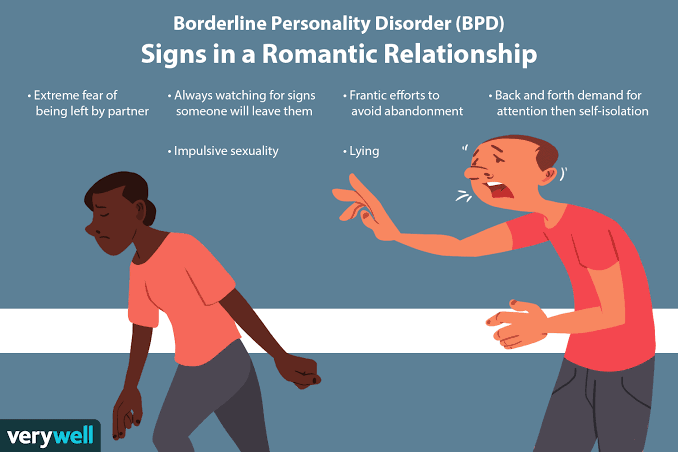
Individuals experience mood shifts triggered by a myriad of factors, influencing their emotional well-being. Some notable triggers include:
1.Perceived Rejection or Abandonment:
Individuals with BPD often have an intense fear of abandonment. Even perceived rejection, whether real or imagined, can trigger profound emotional responses. A simple gesture or comment that hints at abandonment may evoke intense anxiety and distress.
2. Interpersonal Conflicts:
BPD individuals may struggle with managing interpersonal relationships, leading to frequent conflicts. Minor disagreements or misunderstandings can escalate quickly, triggering intense emotional reactions. The fear of rejection or criticism during conflicts intensifies emotional responses.
3.Unstable Relationships:
Difficulty establishing and maintaining stable relationships is a hallmark of BPD. The fear of relationships falling apart, combined with a deep desire for connection, can trigger mood shifts. Even the anticipation of relationship instability can cause significant distress.
4. Perceived Criticism:
BPD individuals often perceive criticism where none is intended. Constructive feedback or even neutral comments may be interpreted as personal attacks, leading to heightened emotional responses. The fear of being criticized can trigger defensive reactions.
5. Self-Image Instability:
BPD is associated with an unstable self-image. Events that challenge or undermine their self-perception can be potent triggers. For instance, a perceived failure or criticism that threatens their self-esteem may lead to intense emotional reactions.
6. Changes in Routine or Plans:
Individuals with BPD may struggle with changes in routine or unexpected events. Deviations from established plans, even minor ones, can evoke anxiety and distress. The need for predictability and control in their environment makes such changes triggering.
7. Emotional Intensity:
BPD individuals experience emotions with heightened intensity. Positive emotions, such as joy or love, can quickly turn into negative ones, like anger or despair. The sheer intensity of emotions, whether positive or negative, can be overwhelming and trigger mood shifts.
8. Feeling Unheard or Misunderstood:
BPD individuals often crave validation and understanding. When they feel unheard or misunderstood, it can lead to frustration and emotional distress. The fear of not being understood may trigger defensive behaviors or emotional outbursts.
9. Real or Imagined Abusive Behaviors:
Past experiences of abuse or trauma, whether real or imagined, can serve as profound triggers. Events reminiscent of previous traumatic experiences may elicit strong emotional reactions, often tied to the fear of being harmed or mistreated.

Understanding and identifying these triggers are crucial for individuals with BPD and those supporting them. It allows for more compassionate and effective management of emotional responses, fostering healthier relationships and emotional well-being.
Dr Purity Carr
GP & Menopause Doctor
Harvey, Western Australia

I was diagnosed with BPD with my bipolar,,as a child I grew up in a very toxic and unsafe environment,,,mental and physical abuse,,, as they say what doesn't kill you makes you stronger,,I've spent many years in therapy and realised that going on a self discovery journey with myself has been more healing ❤️ than any therapy,,I could say I have found peace with myself and love the person I've become not without trials and tribulations,,NO life isn't perfect and I will have days where the world is too much and can be a scary place but I simply retreat for awhile and gather myself again